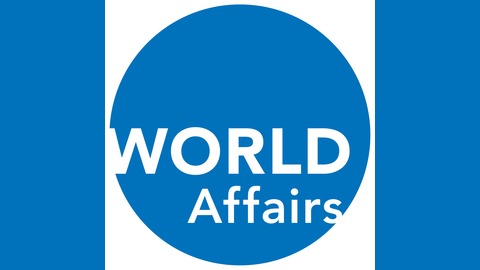Rising Brazil: The Choices Of A New Global Power
What should we expect from a newly powerful Brazil? Does the country have the capacity and leadership to be a central actor in addressing critical global and regional problems?
According to Stephen Walt, professor of international affairs at Harvard University's John F. Kennedy School of Government, the past three decades of US foreign policy have led to unnecessary wars, tragic death and failed diplomacy. Walt shares his insights with Jane Wales, World Affairs CEO, about how to reorient US foreign policy and restore global trust. Next, WorldAffairs co-host Ray Suarez will turn to the recent election of Jair Bolsonaro in Brazil, the newest member of a growing club of right-wing, populist leaders around the world. He'll speak to Brazil experts Peter Hakim and Paulo Sotero about the future of the country and its foreign relations policy under the new president.
Interview with Peter Hakim begins at 40:00
What should we expect from a newly powerful Brazil? Does the country have the capacity and leadership to be a central actor in addressing critical global and regional problems?
President Lula da Silva triumphantly announced that he and his Turkish counterpart had persuaded Iran to shift a major part of its uranium enrichment program overseas—an objective that had previously eluded the US and other world powers. Washington, however, was not applauding.
An upcoming meeting between Presidents Obama and Rousseff should not be expected to produce dramatic news or unexpected major breakthroughs.
 World Affiars
World Affiars